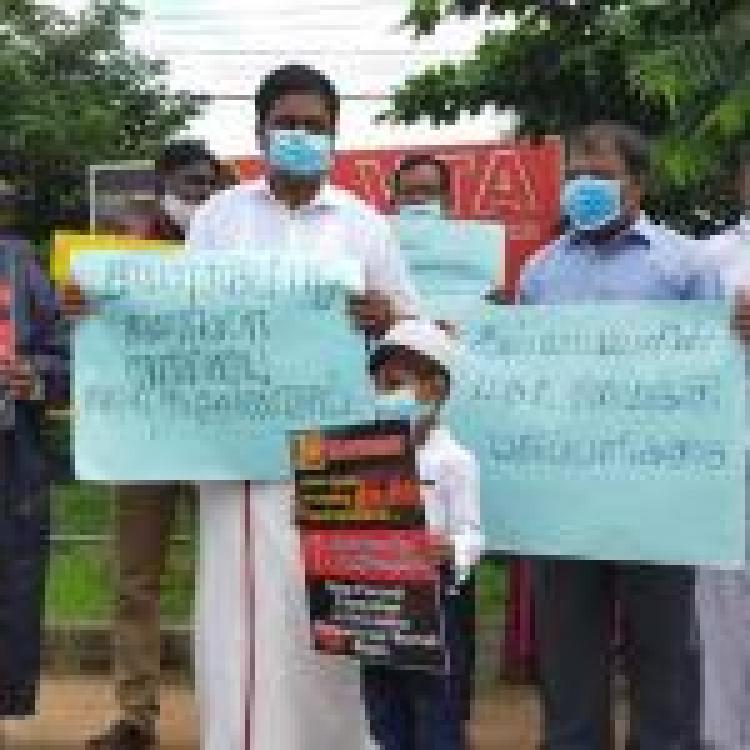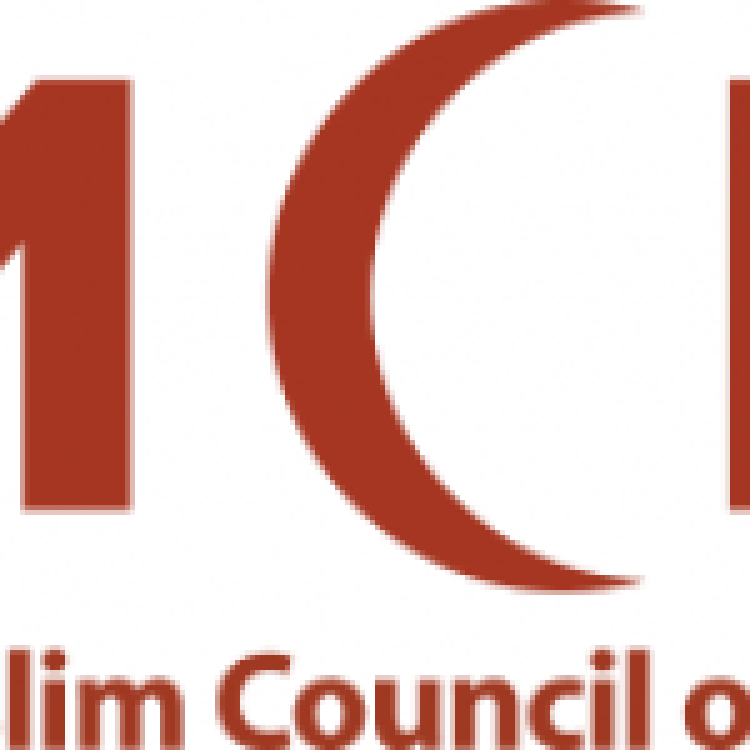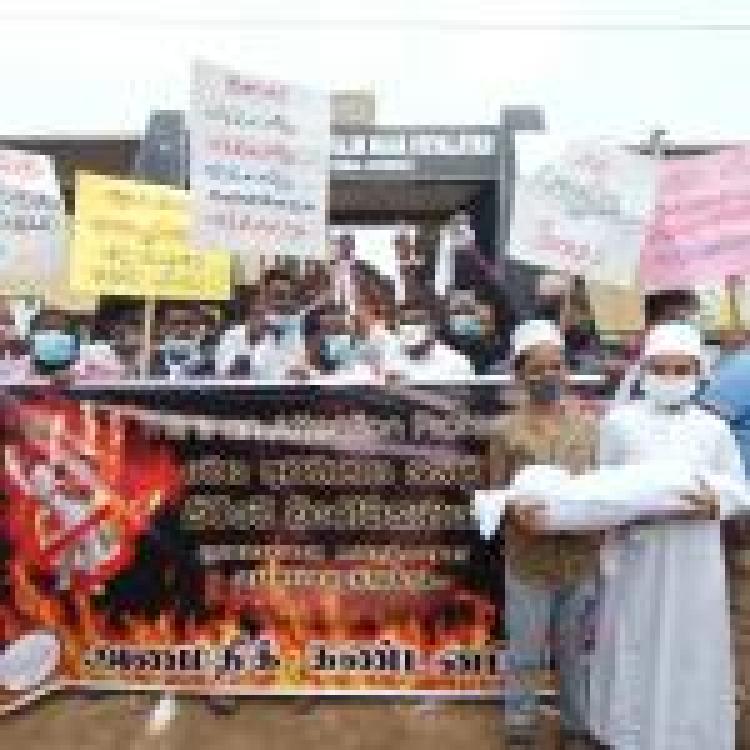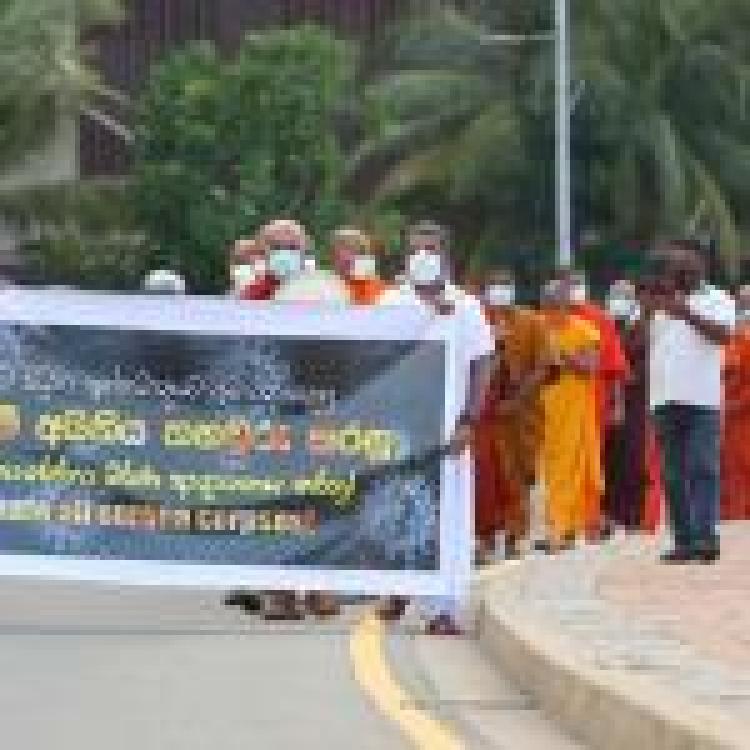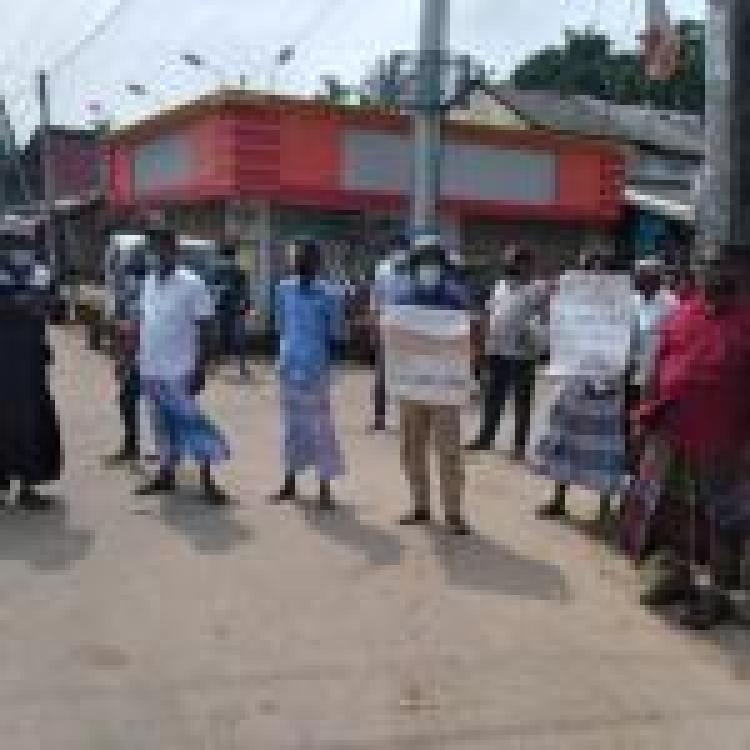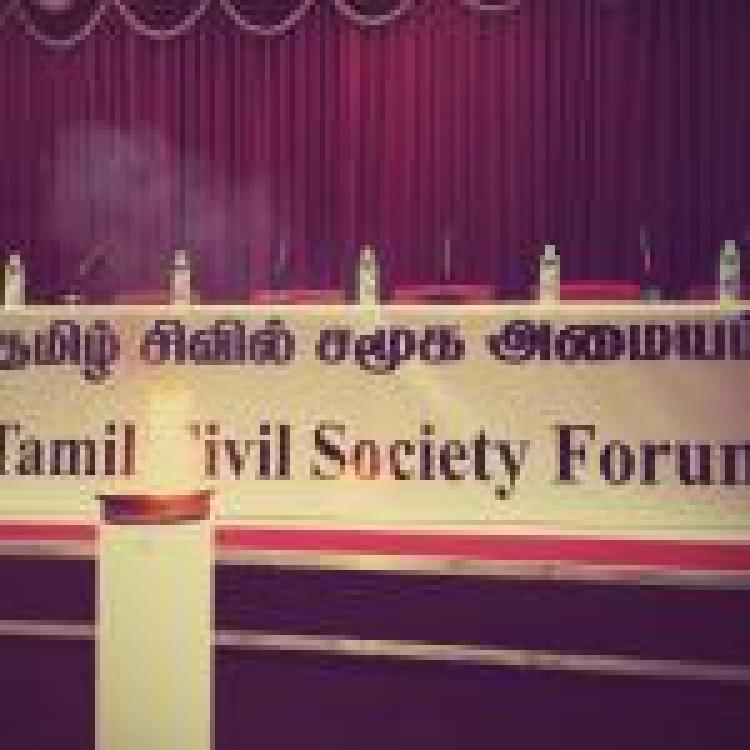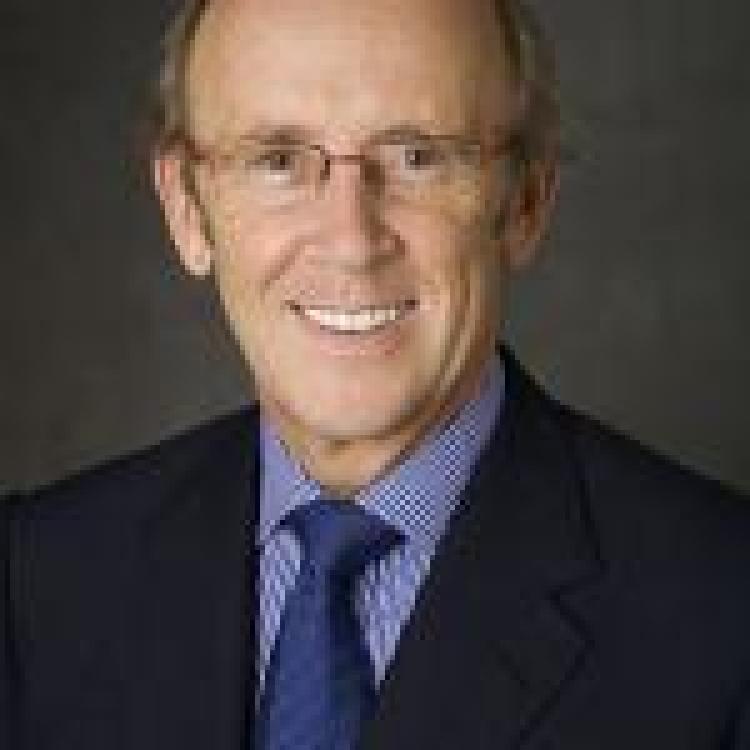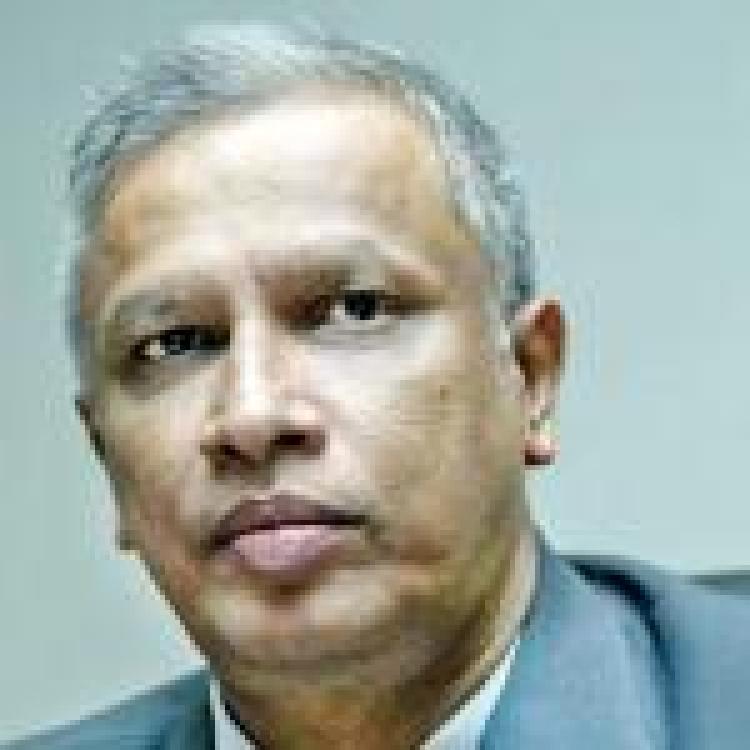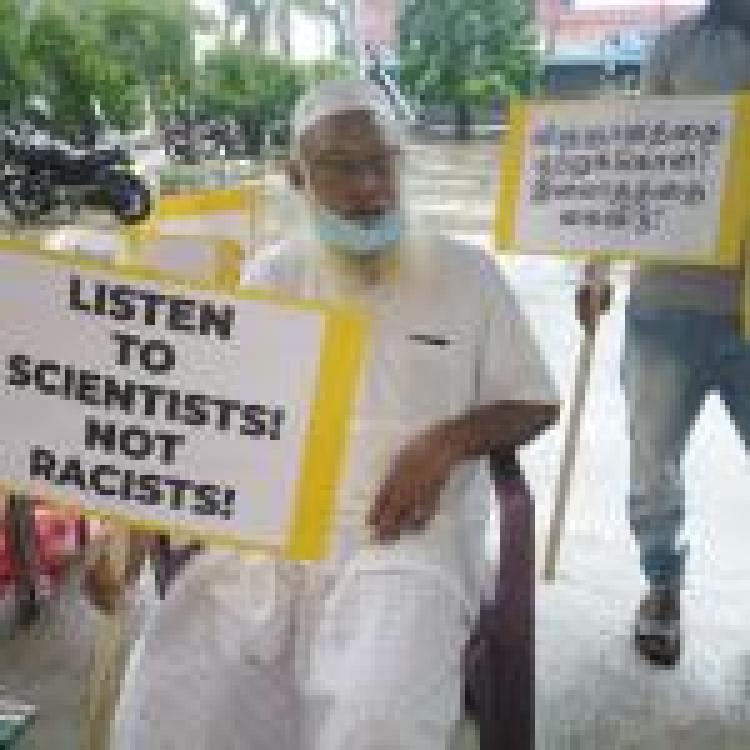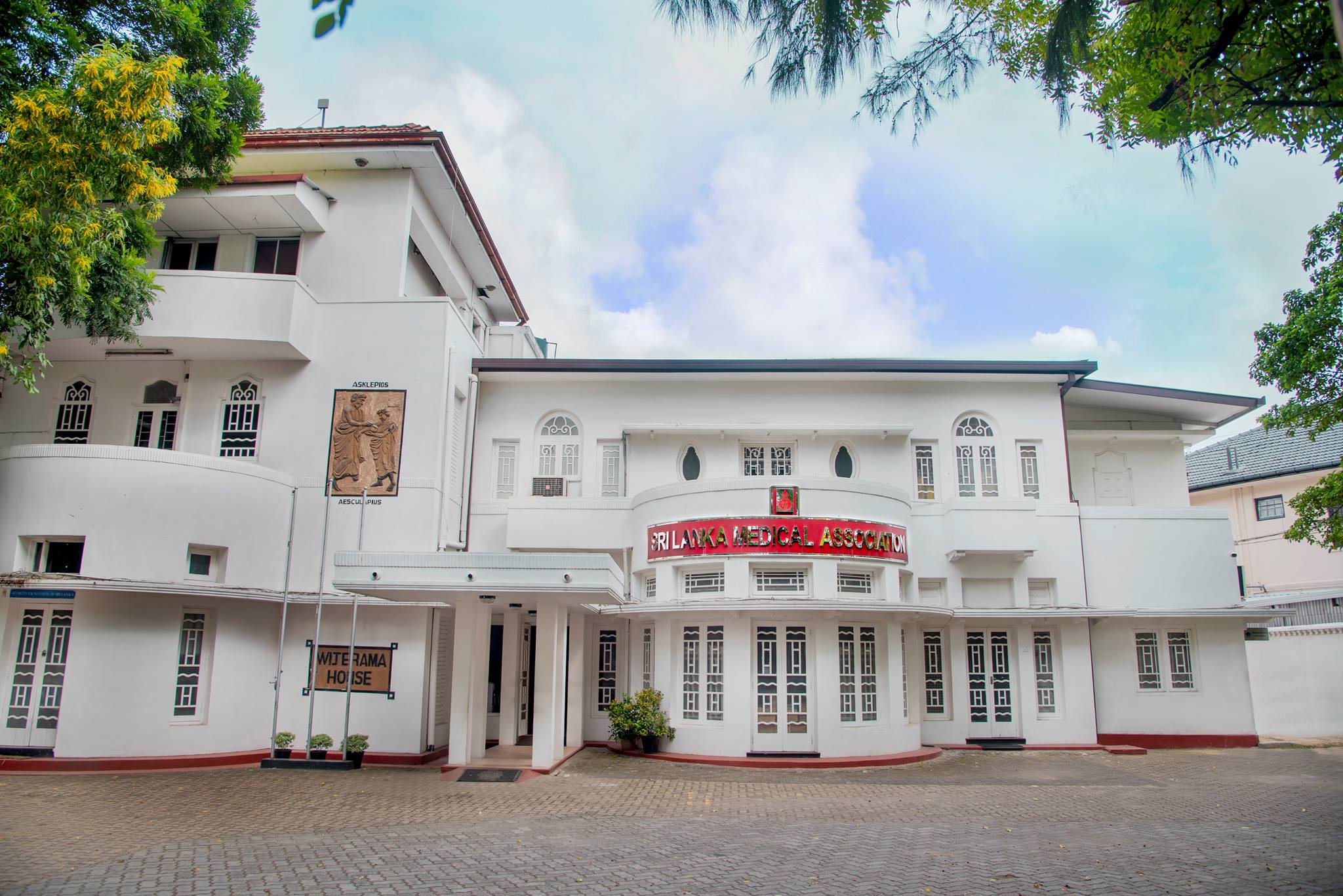
Sri Lanka’s Medical Association (SLMA) has concluded that the burial of COVID-19 bodies could be permitted in Sri Lanka following intense international and domestic protests in defence of Muslim religious freedom.
In their statement, they noted that the government’s draconian policy had “the potential to cause much civil unrest” and claimed that people were “generally reluctant to cooperate with the COVID control measures implemented by the Government”. This, the SLMA noted, has led many to avoid seeking medical help and led to an increase in the number of deaths at home.
Over 190 countries have permitted Muslim burials, this includes Myanmar. Sri Lanka remains one of the countries which denies the Muslim burial rites.
The international and domestic backlash
In response to Sri Lanka’s policy of forced cremations, which was implemented on 11 April, a number of international powers expressed concern over religious rights in Sri Lanka, including Britain. Britain's Muslim Council has threatened to take "necessary legal action" to end Sri Lanka's draconian policy.
Across the North-East, Tamils and Muslims protested against this policy and demanded that the government change course and abide by the guidance provided by the World Health Organisation officials who maintained that it was safe to conduct burials.
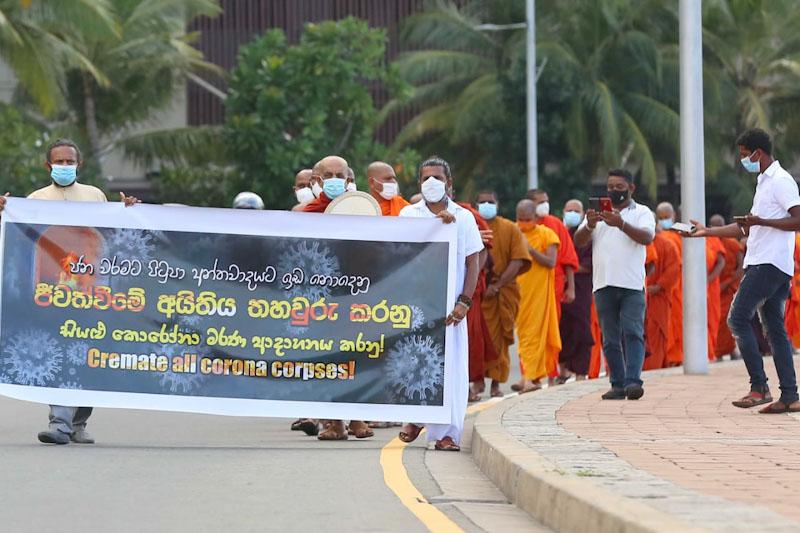
In response to these protests, Sinhala Buddhist monks protested near the Presidential Secretariat demanding that the government maintain its policy. Protesters echoed claims made by the extremist Sinhala Buddhist monk Galagoda Gnanasara that Muslim extremists were behind the demands for Muslim burials.
Medical reasoning
Following a meeting on 31 December, the SLMA concluded that it was safe to conduct burials as COVID infections occur only though respiratory route with no evidence indicating that it could be passed through other routes such as the gastro-intestinal portal.
They further reported that the virus itself can thrive only inside a living cell and as such, it is unlikely that it could remain infectious within a dead body for any significant period of time.
In April, when the government had decided to implement a policy of forced cremations, the Government Medical Officers’ Association (GMOA) had also published a report discussing potential COVID-19 exit strategies which included the proposed racial profiling of Muslims. This was published online before being shortly removed.
Sri Lanka has reported 124 deaths due to the coronavirus, 50 of which were Muslims and were forcibly cremated. There are further reports of Muslim who tested negatively for COVID-19 but were denied their burial rights. This includes the case of Shaykh, a 20-day old infant who was forcibly cremated against his parents’ wishes.

.JPG)
